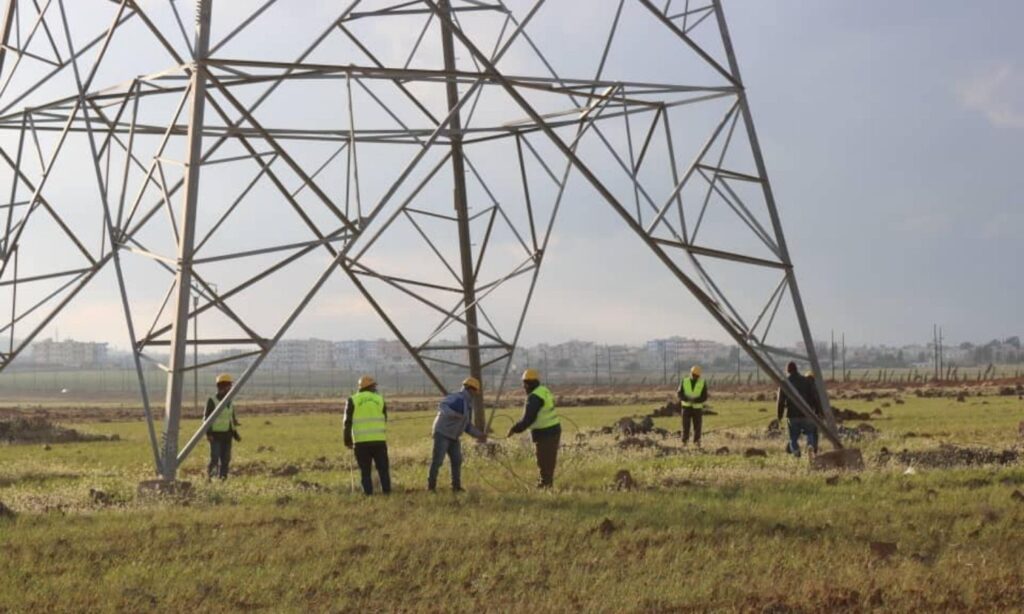The Syrian People’s Assembly approved a draft law to toughen penalties imposed on those who steal components of the electricity or telecommunications networks.
The law includes punishing anyone who steals components of the electricity or telecommunications networks, or transports, hides, possesses, sells, buys, or transforms the stolen materials in any way to hide their origin and facilitate their distribution, according to the official Syrian News Agency (SANA), on Sunday, June 2.
According to the law, the penalty is increased under several conditions, including if the act was committed at night, by two or more persons, by an employee or contractor of the entity that was stolen from, by someone with a functional status that facilitated the act, if the thief was carrying a weapon, either visible or hidden, if the theft was accompanied by violence, or if the act caused a fire or physical harm to someone.
On the other hand, the penalty will be reduced in some cases, such as if one of the participants in committing the crime returns the stolen materials before any damage occurs, or provides information on the hidden location of the materials leading to their recovery. Note that the reduction in penalty will not apply to other participants in the crime.
Regarding the necessity of toughening penalties for stealing electricity and telecommunications networks, the Justice Minister in the Syrian regime’s government, Ahmad al-Sayyid, stated that this is due to the “escalation” of the phenomena of attacks on the networks and thefts affecting all their components, which causes significant damage and additional burdens on the ministries of electricity and telecommunications.
The phenomenon of stealing electrical wires is generally prevalent in regime-controlled areas during power outages, where the wires are burned to extract copper, which is then sold for profit.
Most areas suffer from long periods of power rationing, with the best-case scenario being four isolated hours of power supply interspersed with several outages, compared to 20 hours of non-continuous power cuts in a single day.
The phenomenon of stealing cables and electrical equipment is widespread in destroyed areas that former residents have not returned to due to their inability to repair the damage, and the regime’s failure to provide services to restore the basic elements of life to those areas.

